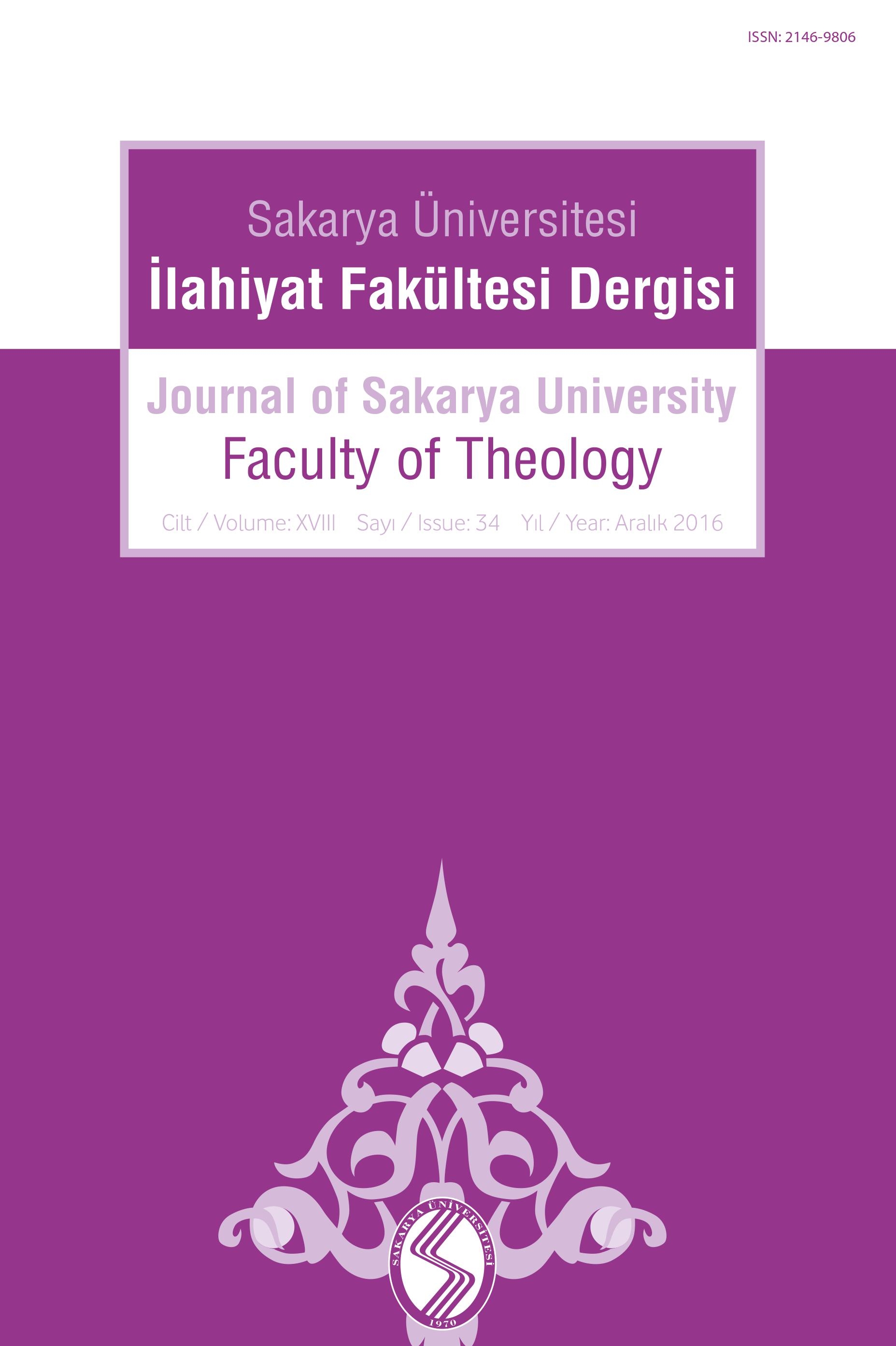Dini ve Sosyolojik Boyutlarıyla Dayanışma-Yardımlaşma Olgusu
Religious-Social Aspects of Solidarity and Cooperation
Author(s): Abdulmuttalip BaycarSubject(s): Islam studies, Sociology of Religion
Published by: Sakarya üniversitesi
Keywords: Sociology of Religion; Solidarity; Cooperation; Religions’ Social Function;
Summary/Abstract: The human being who must live together with others needs solidarity and cooperation to sustain his/her life in a satisfactory way towards both the nature and socio-cultural-economic conditions. In this study, quoting both from religious sources and social scientists who emphasizing the solidarity and cooperation; we will outline to the two concepts in the context of religious and sociological aspects. In this context, we will try to deal with the approach of macro-individualist/pluralist and immigration theories and religions- in particular Islam- to these both concepts, from a complementary perspective. The individual, in societies which are seen less solidarity and cooperation bonds- will be forced to fight against the faced problems and the feeling of loneliness in society. This event, which is occurring among individuals, is then circulated to the entire group/society, such as a disease. Because of this chaos in the society which based on lack of solidarity and cooperation, social life will be dragged on unhealthy process. The social scientists who are dealing with the relationship -based on social reality- between solidarity and religion, consider that the religion perform an important function to knit the social solidarity networks in a society. The sociological data show that; the kind of concept of solidarity which suggested by religions and the believers’ perception and practicing way of it play a major role in overcoming the unhappiness and loneliness among individuals in society.
Journal: Sakarya Üniversitesi İlahiyat Fakültesi Dergisi (SAUIFD)
- Issue Year: 21/2019
- Issue No: 39
- Page Range: 199-225
- Page Count: 27
- Language: Turkish

